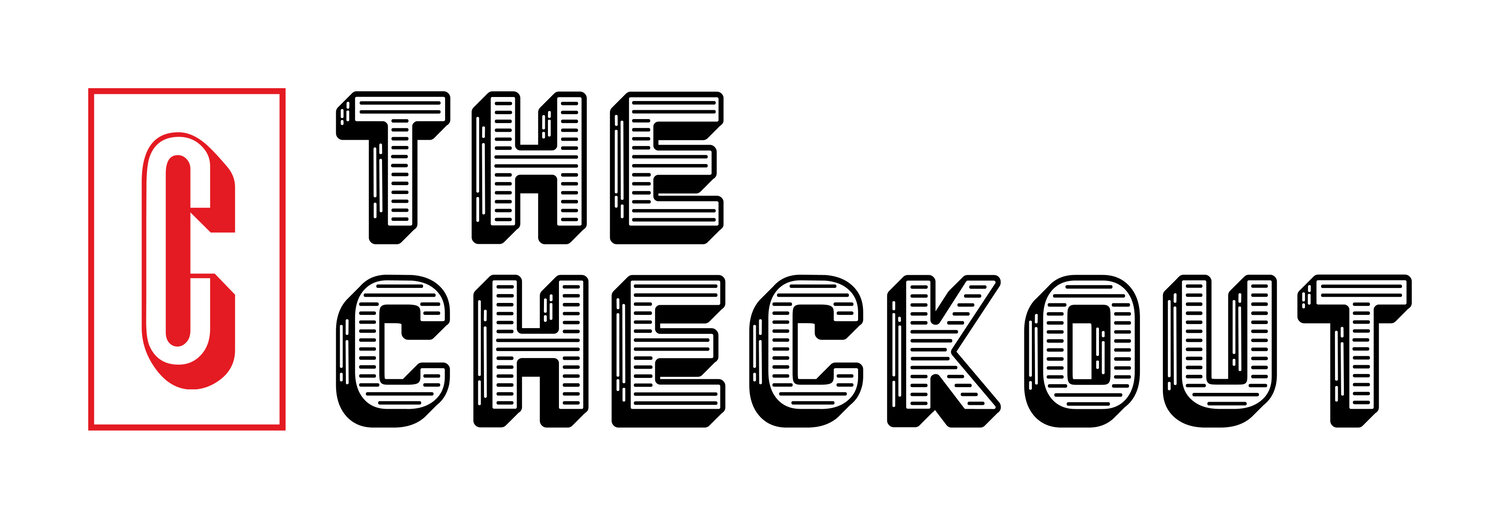Episode 13: Dr. Naya Jones on Food Sovereignty and Collective Healing
“We can have store shelves stocked with as many “healthy items” as possible but if we are not also addressing how spaces feel for people, we’re not addressing root causes at all…
That kind of emphasis on healthy food is really a shortcoming, and just to be real, it’s violent and can be dismissive of lived experiences…”
From https://www.nayajones.com: Dr. Naya Jones is an Assistant Professor of Sociology and core faculty in Global and Community Health at the University of California Santa Cruz. She is also a national Culture of Health Leader (2017-2020), reimagining health with a cohort of community builders from around the United States. Much of Naya’s work focuses on spatial justice and sovereignty: she’s interested in how BIPOC* and historically-oppressed communities worldwide “do for themselves.” She especially studies + lifts up embodied Black geographies of collective healing, environment, and resilience in North and Latin America.
Please support: https://aaahct.org Alliance for African American Health in Central Texas and www.sistahvegan.com by Dr. Amie Breeze Harper.
And check out Food for Black Thought: www.foodforblackthought.org .
Follow The Checkout on Facebook - Instagram - Twitter.
Stream The Checkout on Apple Podcasts - Spotify - Stitcher - Google Podcast
Episode #13 Notes
1:00 - How did you come to study your unique mix of Geography and Healing Arts? Specifically around food an equity?
4:00- What does ‘embodied healing’ mean to you? How is your work specifically addressing traumas in the food system?
9:10 - How do corner stores figure into your research?
12:45 - How does racial surveillance in corner stores impact the health and well being of clack people, especially black youth?
15:45 - Emotional Slow Violence - can you define this for us?
18:00 - What are some of the shortcomings of focussing on healthy food availability without looking at this issue in a more multi-faceted manner?
22:30 - How do retail grocery locations play into gentrification?
26:45 - How are grocery stores not the solution to food insecurity and food apartheid?
32:30 - What can white folks with resources, influence, and power can do to address some of the issues we’ve discussed so far?
40:00 - Gardens. How are home gardens appealing and community-building in the black community?
43:15 - The role of holistic healing arts in gardening and food.
46:15 - Where does food sovereignty come into play?
50:00 - How do critical pedagogues play into food system work?
54:45 - What are some of the most influential books on you and your work?
Freedom Farmers, Dr. Monica White
Black Rice, Judith Carney
Weighing In, Julie Guthman
Afro-Vegan, Bryant Terry
Black Food Geographies, Ashanté M. Reese
Building Houses Out of Chicken Legs, Psyche A. Williams-Forson
Papers by Naya Jones
{Intervention} Corner Stores, Surveillance, and All Black Afterlives
{Article} Dying to Eat? Black Food Geographies of Slow Violence and Resilience
{Virtual Exhibit} Dying to Eat? GIF Exhibit
{Article} A Review of Latino/Latinx Participants in Mindfulness-Based Intervention Research - With E. Cotter

